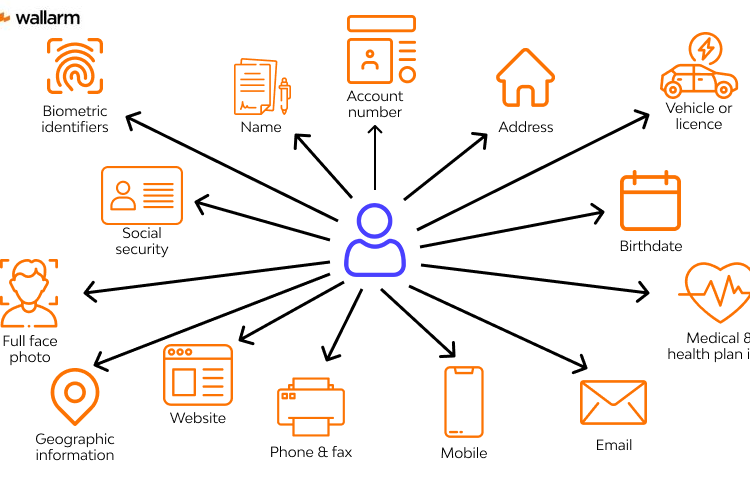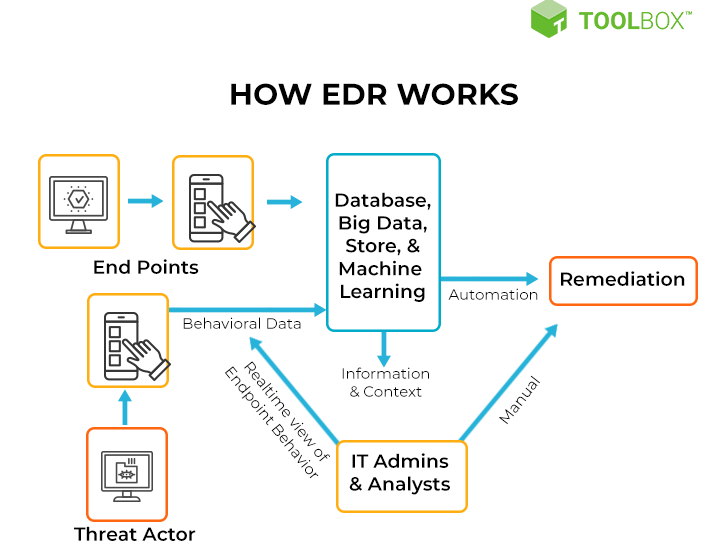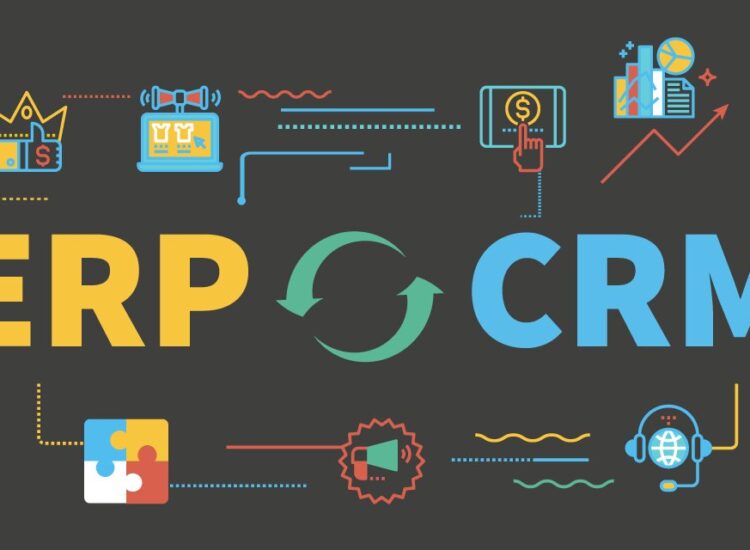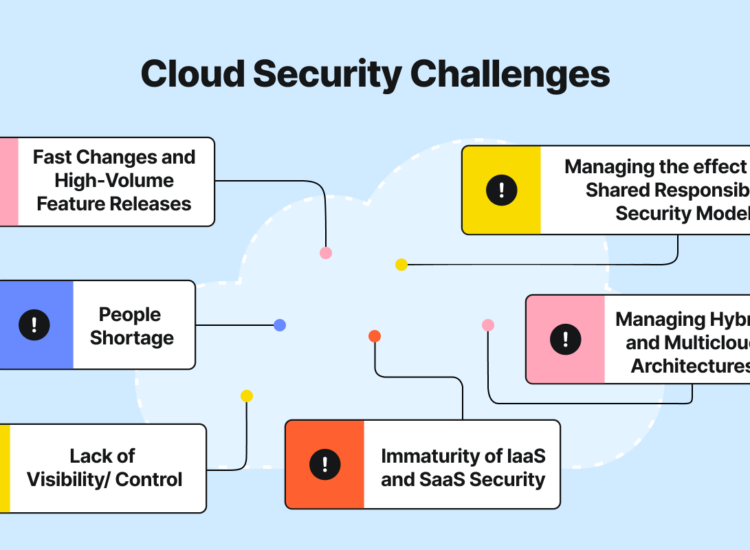Sixty percent of online stores fail due to poor website performance, often stemming from inadequate hosting. Choosing the best Magento hosting is critical for e-commerce success, as Magento’s resource-intensive nature demands robust infrastructure. This guide examines key factors—speed, security, scalability, and cost—to help you select a solution fitting your needs and budget. We’ll compare managed and self-managed options, highlighting both advantages and drawbacks.
Toc
- 1. Assessing Your Magento Hosting Needs
- 2. Leading Magento Hosting Solutions: A Comparative Analysis
- 3. Choosing the Right Magento Hosting Plan: A Step-by-Step Guide
- 4. Related articles 02:
- 5. Magento 2 Hosting: Specific Considerations
- 6. Headless Magento and Hosting
- 7. Ensuring PCI Compliance for Secure Online Transactions
- 8. Managed Magento Hosting vs. Self-Managed Hosting: Which is Right for You?
- 9. Conclusion
- 10. Related articles 01:
Assessing Your Magento Hosting Needs

Understanding your specific hosting requirements is crucial for the success of your e-commerce business. Here are the key points to consider:
Traffic Volume and Scalability
Handling traffic spikes is vital, especially during peak seasons. For instance, your online store might experience a staggering 200% increase in visitors during holiday sales or promotional events. While shared hosting might appear cost-effective, it often leads to performance issues under high traffic. Instead, consider VPS, dedicated, or cloud hosting options that offer superior scalability. These solutions allow you to dynamically adjust server resources, ensuring your site remains responsive even under heavy loads.
For example, a rapidly growing e-commerce business might initially use a VPS (Virtual Private Server) offering scalable resources. As traffic increases, they could seamlessly transition to a cloud-based solution like AWS or Google Cloud Platform, leveraging their auto-scaling capabilities to automatically adjust resources based on real-time demand. This avoids the downtime and performance bottlenecks associated with manually scaling a VPS or dedicated server.
However, it’s crucial to note that over-provisioning resources can lead to unnecessary expenses. Careful monitoring of traffic patterns and resource utilization is essential to optimize cost-effectiveness. Tools like Google Analytics and server monitoring dashboards can help businesses understand their actual resource needs and avoid paying for unused capacity.
Product Catalog Size
The size and complexity of your product catalog significantly impact your hosting needs. A small store with fewer than 100 products may function adequately on a shared hosting plan. However, larger stores featuring thousands of products, intricate attributes, and custom features will require more robust server resources, including RAM, storage, and processing power. For example, if your catalog contains high-resolution images and detailed product descriptions, your hosting solution must accommodate this increased data load. Choosing a plan that can scale with your store’s growth is essential.
Performance Expectations
Performance is critical for user experience and conversion rates. Studies indicate that a mere 1-second delay in page load time can lead to a 7% reduction in conversions. Therefore, selecting a hosting provider that prioritizes speed is paramount. Look for features like content delivery networks (CDNs), caching mechanisms, and optimized server configurations that can enhance load times. Additionally, consider the server’s geographical location. Hosting your site closer to your target audience can significantly reduce latency, improving overall load times.
For instance, a study by Akamai Technologies found that 47% of consumers expect a web page to load in under two seconds. Implementing a CDN, utilizing browser caching, and optimizing images are crucial for meeting these expectations. Furthermore, choosing a hosting provider with server locations closer to your target audience reduces latency, significantly improving the user experience.
Budget Considerations
While cost shouldn’t be the sole determining factor, evaluating your budget against the features provided is essential. Hosting plans vary widely in price, and opting for the cheapest option may result in underperformance. Conduct a cost-benefit analysis to understand the long-term implications of your choice. For instance, investing in managed Magento hosting might seem expensive upfront, but the benefits of improved performance, security, and support can outweigh the initial investment.
Leading Magento Hosting Solutions: A Comparative Analysis
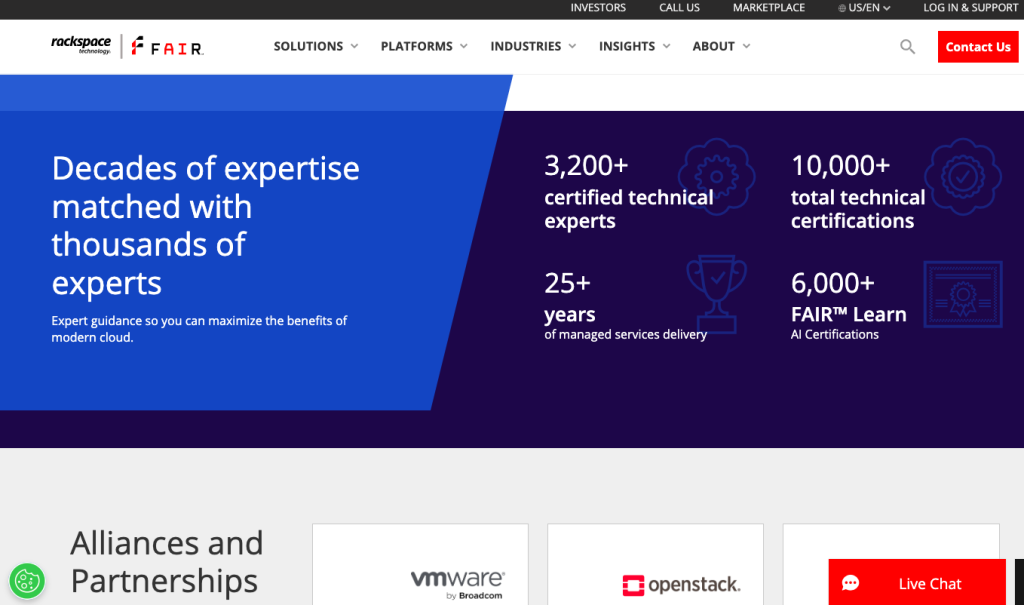
In this section, we will compare several leading Magento hosting providers, focusing on their strengths and weaknesses.
Nexcess Magento Hosting
Nexcess is a renowned name in managed Magento hosting, celebrated for its reliability and performance.
Features
Nexcess offers a variety of features tailored for e-commerce business owners:
- Automatic Backups: Daily backups ensure that your data is safe and easily restorable.
- Free SSL Certificates: Security is paramount for e-commerce sites, and SSL certificates help protect customer data.
- PCI Compliance: Nexcess provides built-in security features that meet PCI compliance standards.
- 24/7 Support: A dedicated support team is available around the clock to assist with any issues.
Pricing Plans
Nexcess offers multiple Magento hosting plans, ranging from XS to XXL, tailored to different business sizes:
Pros and Cons
Pros:
- High performance and speed
- Comprehensive security features
- Excellent customer support
Cons:
- Higher price point compared to some competitors
Cloudways
Cloudways provides a flexible, pay-as-you-go model for Magento hosting, making it a popular choice among e-commerce businesses.
Features
Cloudways allows users to choose from various cloud providers like AWS, Google Cloud, and DigitalOcean, providing flexibility in scaling and managing resources:
- Easy Magento Installation: One-click installation simplifies the setup of your store.
- Vertical Scaling: Adjust your server’s resources as needed with minimal downtime.
- CDN Integration: Cloudways includes CDN options to enhance website speed.
Pricing
Pricing varies based on the chosen cloud provider and resource allocation, typically starting at around $10 per month.
Pros and Cons
Pros:
- Flexible pricing model
- High scalability options
- User-friendly interface
Cons:
- Requires some technical knowledge for optimal configuration
Krystal Hosting Magento
Krystal Hosting specializes in UK-based solutions, providing robust performance for Magento sites.
Features
Krystal offers a range of features tailored for Magento users:
- Unlimited Bandwidth: Handle high traffic without incurring additional costs.
- LiteSpeed Web Server: This technology significantly improves loading times.
- Regular Backups: Automated backups ensure data integrity.
Pricing Plans
Krystal Hosting offers several plans:
Pros and Cons
Pros:
- Excellent speed and reliability
- UK-based support
Cons:
- Limited data center locations
Additional Notable Providers
Apart from the aforementioned providers, several other hosting options are worth considering:
SiteGround
SiteGround is known for its exceptional customer service and performance, offering affordable Magento hosting with a focus on security and speed. Their plans start from $3.99 per month.
A2 Hosting
A2 Hosting is reputed for its speed and provides optimized hosting for Magento sites. Their Turbo plans can significantly enhance performance, but they start at a higher price point.
HostGator
HostGator is a budget-friendly option for those starting with Magento. They offer essential features and competitive pricing, though they may lack advanced options for larger businesses.
Choosing the Right Magento Hosting Plan: A Step-by-Step Guide
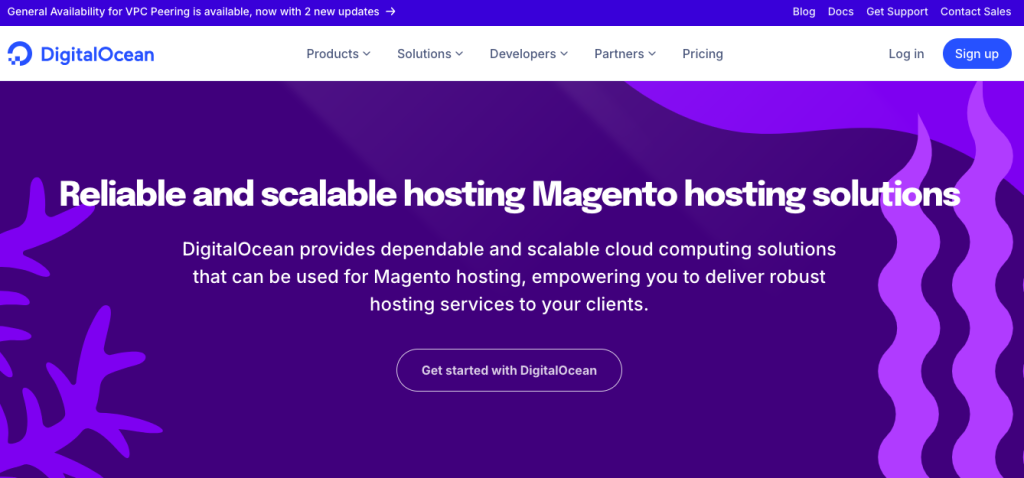
Selecting the optimal Magento hosting plan can be simplified by following these steps:
1. https://bomnuocdailoan.com/mmoga-cheap-cloud-hosting-the-ultimate-guide-for-small-businesses/
2. https://bomnuocdailoan.com/mmoga-quickbooks-cloud-hosting-the-ultimate-guide-for-accounting-firms/
3. https://bomnuocdailoan.com/mmoga-find-the-best-managed-server-hosting-in-2024/
4. https://bomnuocdailoan.com/mmoga-the-best-video-hosting-platforms-for-educators-in-2024/
5. https://bomnuocdailoan.com/mmoga-public-cloud-hosting-a-complete-guide-for-it-managers/
Step 1: Assess Your Needs
Start by evaluating your traffic expectations, product catalog size, and performance requirements. Understanding these factors will guide you in selecting an appropriate hosting plan.
Step 2: Compare Providers
Create a checklist of essential features such as speed, security, scalability, support, and PCI compliance. This will help you make an informed decision when comparing different providers.
Step 3: Review Pricing
Ensure you are comparing similar features across different providers to get an accurate understanding of pricing. Look for any hidden costs associated with the plans.
Step 4: Check Reviews and Testimonials
Research customer feedback to gain insights into the reputation and reliability of each hosting provider. Reviews can provide valuable information on customer satisfaction and support responsiveness.
Step 5: Consider Free Trials or Money-Back Guarantees
Many hosting providers offer free trials or money-back guarantees, allowing you to test their services before committing to a long-term contract.
Magento 2 Hosting: Specific Considerations
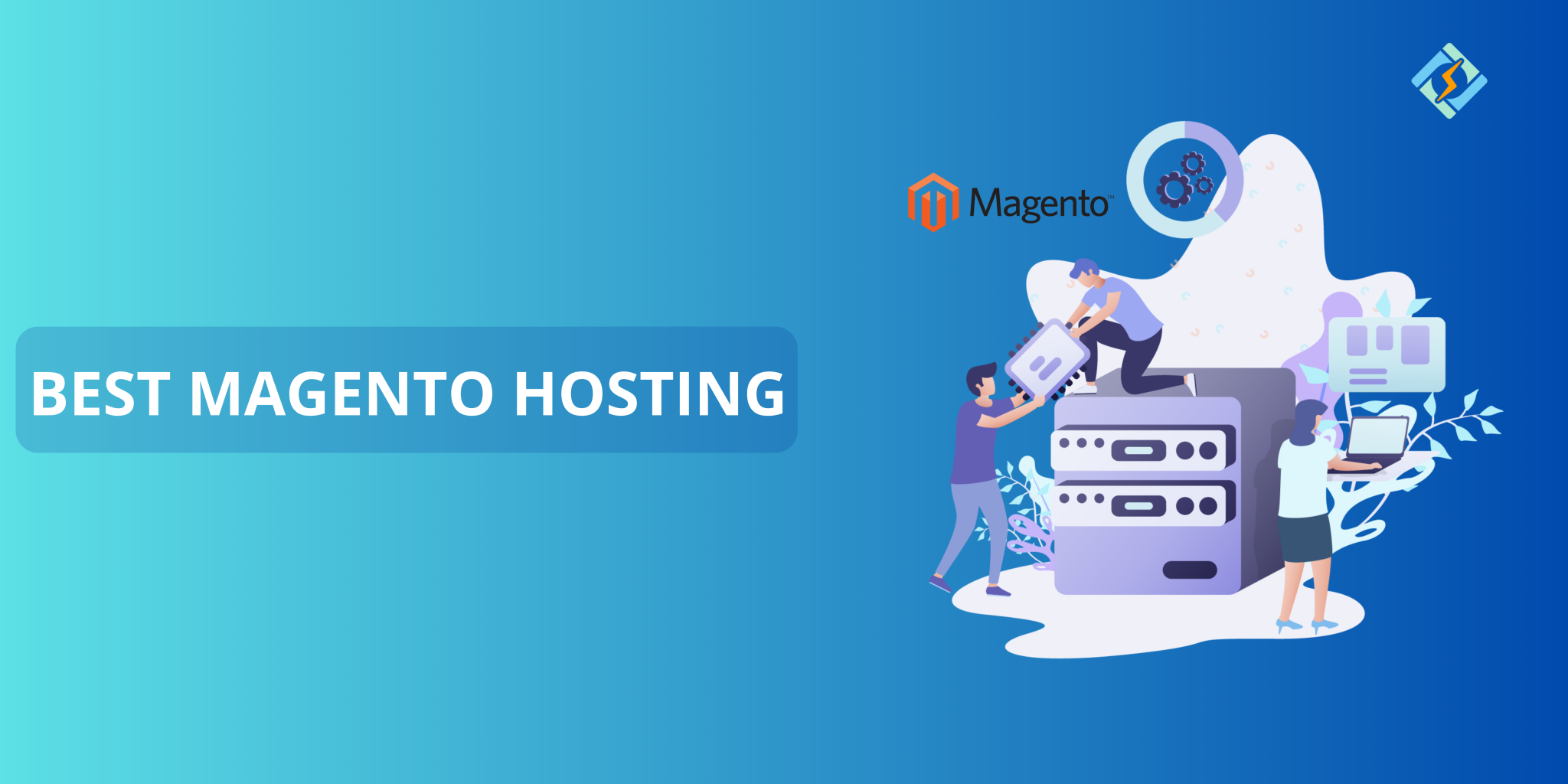
When it comes to Magento 2 hosting, there are specific needs that must be addressed:
- Increased Resource Requirements: Magento 2 demands more server resources compared to its predecessor. Thus, selecting a hosting provider optimized for Magento 2 performance is crucial.
- Compatibility with Extensions and Updates: Ensure that your hosting provider supports the necessary extensions and updates for Magento 2.
- Best Practices for Optimization: Implement caching, CDNs, and optimized server configurations to enhance Magento 2 performance.
Headless Magento and Hosting
The rise of headless commerce is significantly impacting Magento hosting choices. Headless architectures decouple the frontend presentation layer from the backend, allowing for greater flexibility and omnichannel experiences. This requires hosting solutions that can efficiently manage the backend APIs and databases, often necessitating more robust infrastructure and potentially different hosting strategies compared to traditional Magento deployments.
Serverless Functions
Serverless functions, offered by cloud providers like AWS Lambda and Google Cloud Functions, are becoming increasingly popular for handling specific tasks within a headless Magento architecture. These functions scale automatically based on demand, reducing the need for constant server management and potentially lowering hosting costs for specific functionalities.
Ensuring PCI Compliance for Secure Online Transactions
PCI compliance is essential for any e-commerce business processing credit card transactions. Here’s what you need to know:
Understanding PCI Compliance
Payment Card Industry Data Security Standards (PCI DSS) are crucial for protecting customer payment information. Compliance ensures that sensitive data is handled securely.
Role of Hosting Providers
Your hosting provider plays a significant role in achieving PCI compliance. They should offer features like SSL certificates, secure servers, and regular security updates to protect sensitive information.
Choosing a Compliant Provider
When selecting a hosting provider, ensure they explicitly support PCI compliance. This will help safeguard your e-commerce store from potential data breaches.
Managed Magento Hosting vs. Self-Managed Hosting: Which is Right for You?
Understanding the differences between managed and self-managed hosting is essential for making an informed choice.
Managed Hosting
Managed Magento hosting provides a hassle-free experience, as the hosting provider takes care of server management, security updates, and performance optimizations. This option is ideal for businesses lacking technical expertise.
However, managed hosting can limit customization and control over server configurations. Businesses with specific technical requirements or a strong in-house IT team might find self-managed hosting offers greater flexibility, even if it demands more technical expertise.
Self-Managed Hosting
Self-managed hosting requires a higher level of technical knowledge. While it may offer more flexibility and potentially lower costs, the responsibility for server management falls on you. This option is best suited for businesses with in-house technical resources.
Cost Differences
Managed hosting often comes at a higher price point, but the peace of mind and support can justify the investment. Conversely, self-managed hosting may save costs upfront but can lead to higher expenses in troubleshooting and maintenance.
Conclusion
Selecting the ideal Magento hosting solution is paramount for e-commerce prosperity. This guide has provided a comprehensive overview of key factors to consider, including performance, security, scalability, cost, and PCI compliance. By carefully evaluating your needs and comparing the various providers discussed, such as Nexcess and Cloudways, you can select a hosting solution that optimizes your online store’s performance and contributes to your business growth. Consider starting with a free trial or introductory offer from a reputable provider to test the waters before committing to a long-term plan. Remember, the right hosting can be the foundation for a thriving online business.
1. https://bomnuocdailoan.com/mmoga-find-the-best-managed-server-hosting-in-2024/
2. https://bomnuocdailoan.com/mmoga-quickbooks-cloud-hosting-the-ultimate-guide-for-accounting-firms/
3. https://bomnuocdailoan.com/mmoga-cheap-cloud-hosting-the-ultimate-guide-for-small-businesses/
4. https://bomnuocdailoan.com/mmoga-public-cloud-hosting-a-complete-guide-for-it-managers/
5. https://bomnuocdailoan.com/mmoga-the-best-video-hosting-platforms-for-educators-in-2024/



